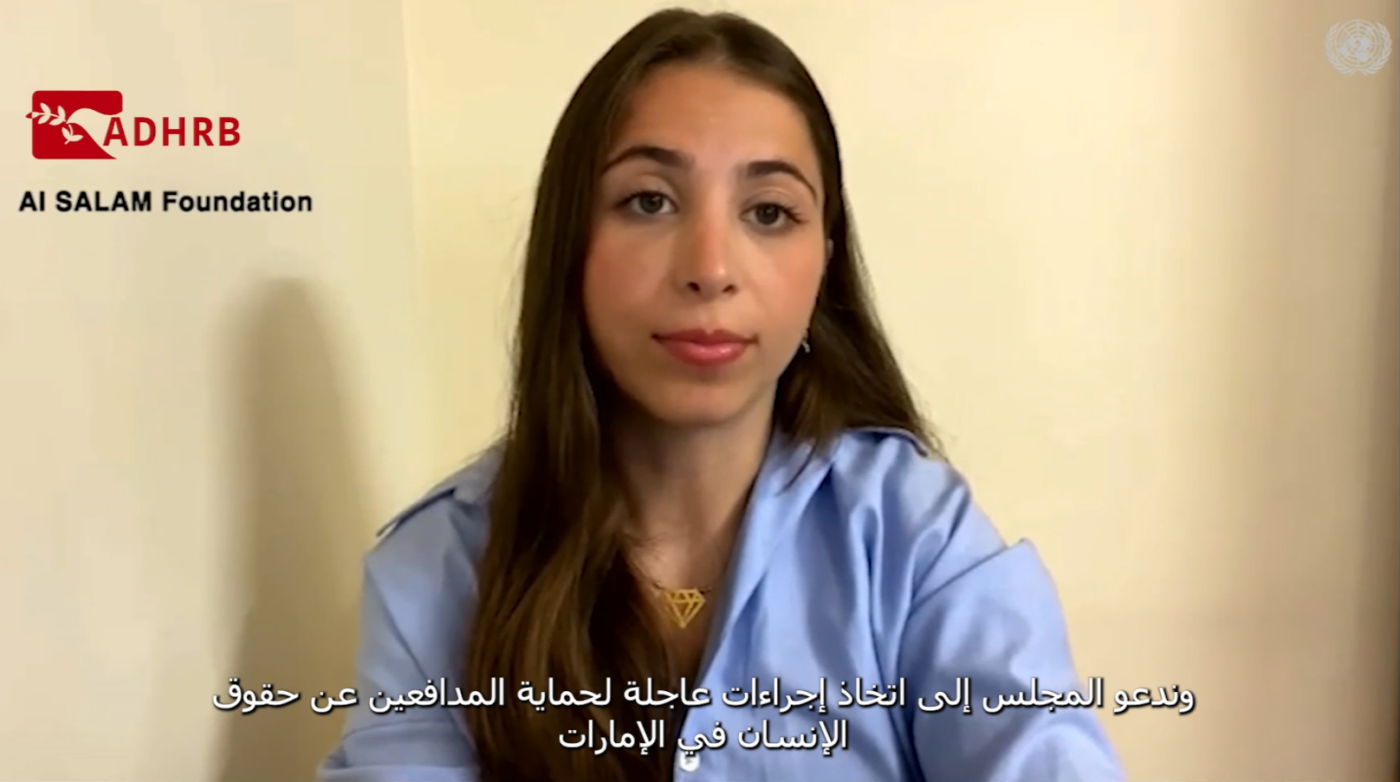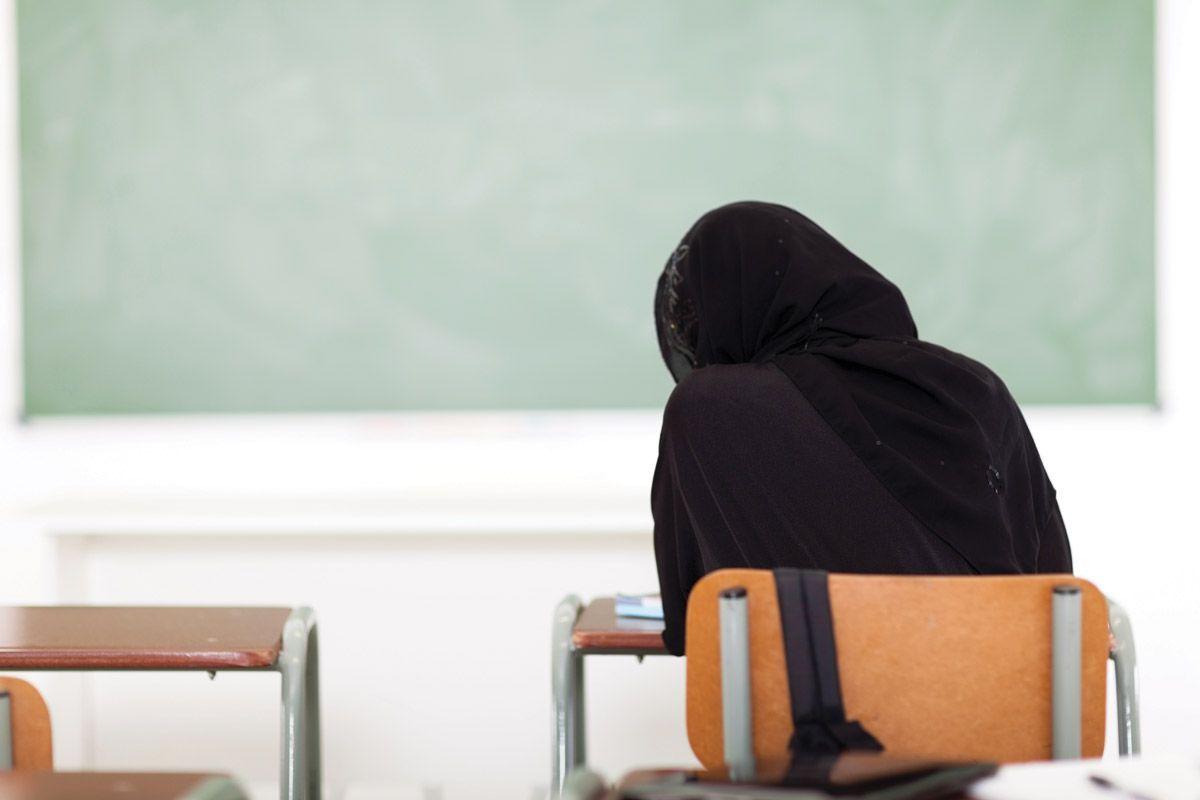The United Arab Emirates’ (UAE) 2014 Counterterrorism Law has functioned as a weapon for political repression. With its vague definitions, the law enables authorities to equate peaceful criticism with terrorism, imposing harsh sentences, including life imprisonment and the death penalty, often without credible evidence. In recent years, this repression has expanded beyond outspoken critics to[…]
On 30 January 2025, Saudi Arabia and the International Criminal Police Organization (INTERPOL) announced an agreement to open a regional office in Saudi Arabia to support law enforcement efforts across the Middle East and North Africa. This included plans for the new office to cooperate with regional structures such as the Arab Interiors Ministers’ Council[…]
Introduction The United Arab Emirates (UAE) has rapidly positioned itself as a leader in artificial intelligence (AI), integrating advanced technologies across various sectors to drive economic growth and enhance governance. Central to this strategy is the deployment of AI-driven surveillance systems aimed at increasing national security and public safety. However, the extensive use of such[…]
On March 21, 2025, Americans for Democracy and human rights in Bahrain delivered an intervention during the 58th session of the UN Human Rights Council. In its intervention under Item 5, ADHRB highlighted the alarming situation of Emirati human rights defender Ahmed Mansoor. We draw the Council’s attention to the alarming situation of prominent human[…]
Context and Background The evolution of women’s access to education in the Gulf Cooperation Council (GCC) countries – Bahrain, Kuwait, Oman, Qatar, Saudi Arabia, and the United Arab Emirates – presents gradual but progressive advancements, reflecting broader societal transformations in the region. In the early 20th century, education for women was traditionally limited, as cultural[…]









